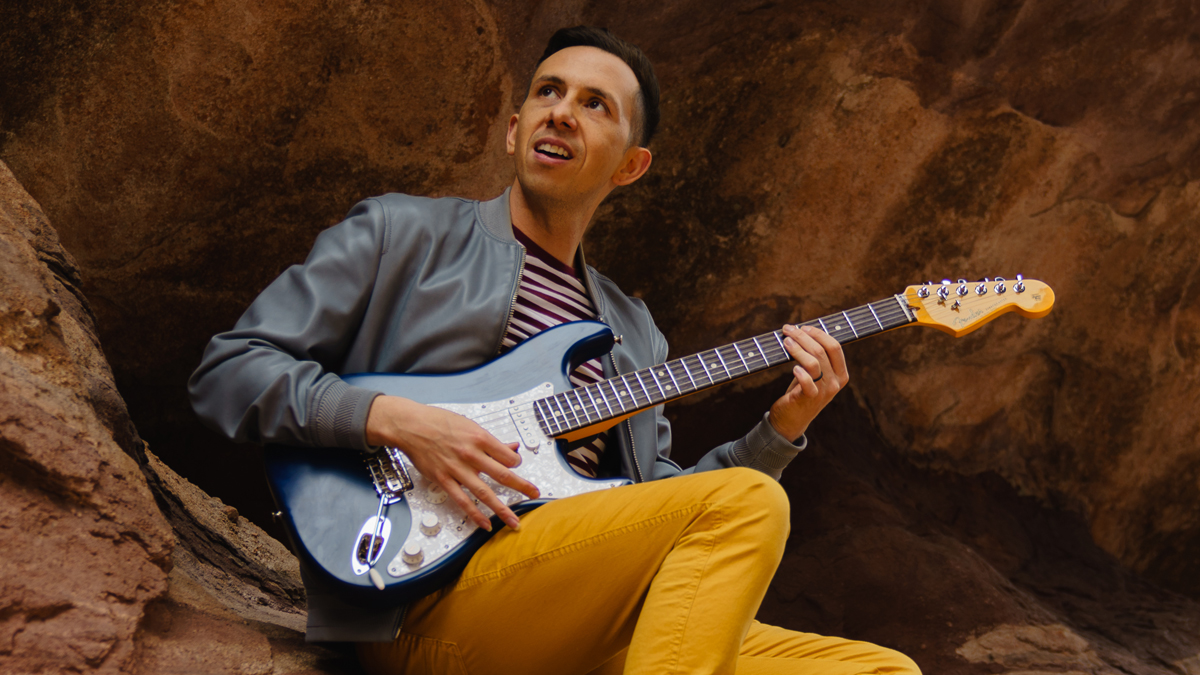The Top Five Reasons You Should Learn Music Theory
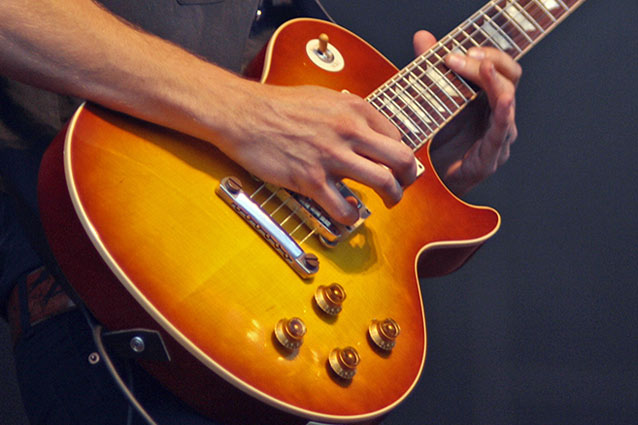
Guitarists have a lot of reasons to avoid learning music theory. They don’t like musical rules, they’re afraid to lose the “magic” of how they hear music, they don’t see the value of it when all they play is rock guitar… and on and on.
But as David Walliman explains in this video, there are numerous benefits to knowing music theory.
To help players understand its value, he’s put together what he calls the top five reasons guitarists should learn music theory. As he points out, music theory can help you improvise over any chord progression, overcome writer’s block, harmonize, and much more—including make more money by scoring higher-paying gigs.
As David points out, “You can be an awesome musician and feel really fulfilled even if you don’t know music theory. That is completely okay. As a matter of fact, a lot of my favorite musicians don’t have a clue what they’re playing, and that’s really fine. I still really love those players.
“But I just suggest that you give music theory a chance.”
Watch the entire video for all of David’s points and his thinking behind them. There’s a lot of good stuff in here.
As always, we encourage you to visit David’s YouTube channel for more of his videos.
Get The Pick Newsletter
All the latest guitar news, interviews, lessons, reviews, deals and more, direct to your inbox!
Christopher Scapelliti is editor-in-chief of Guitar Player magazine, the world’s longest-running guitar magazine, founded in 1967. In his extensive career, he has authored in-depth interviews with such guitarists as Pete Townshend, Slash, Billy Corgan, Jack White, Elvis Costello and Todd Rundgren, and audio professionals including Beatles engineers Geoff Emerick and Ken Scott. He is the co-author of Guitar Aficionado: The Collections: The Most Famous, Rare, and Valuable Guitars in the World, a founding editor of Guitar Aficionado magazine, and a former editor with Guitar World, Guitar for the Practicing Musician and Maximum Guitar. Apart from guitars, he maintains a collection of more than 30 vintage analog synthesizers.
“There are so many sounds to be discovered when you get away from using a pick”: Jared James Nichols shows you how to add “snap, crackle and pop” to your playing with banjo rolls and string snaps
Don't let chord inversions bamboozle you. It's simply the case of shuffling the notes around

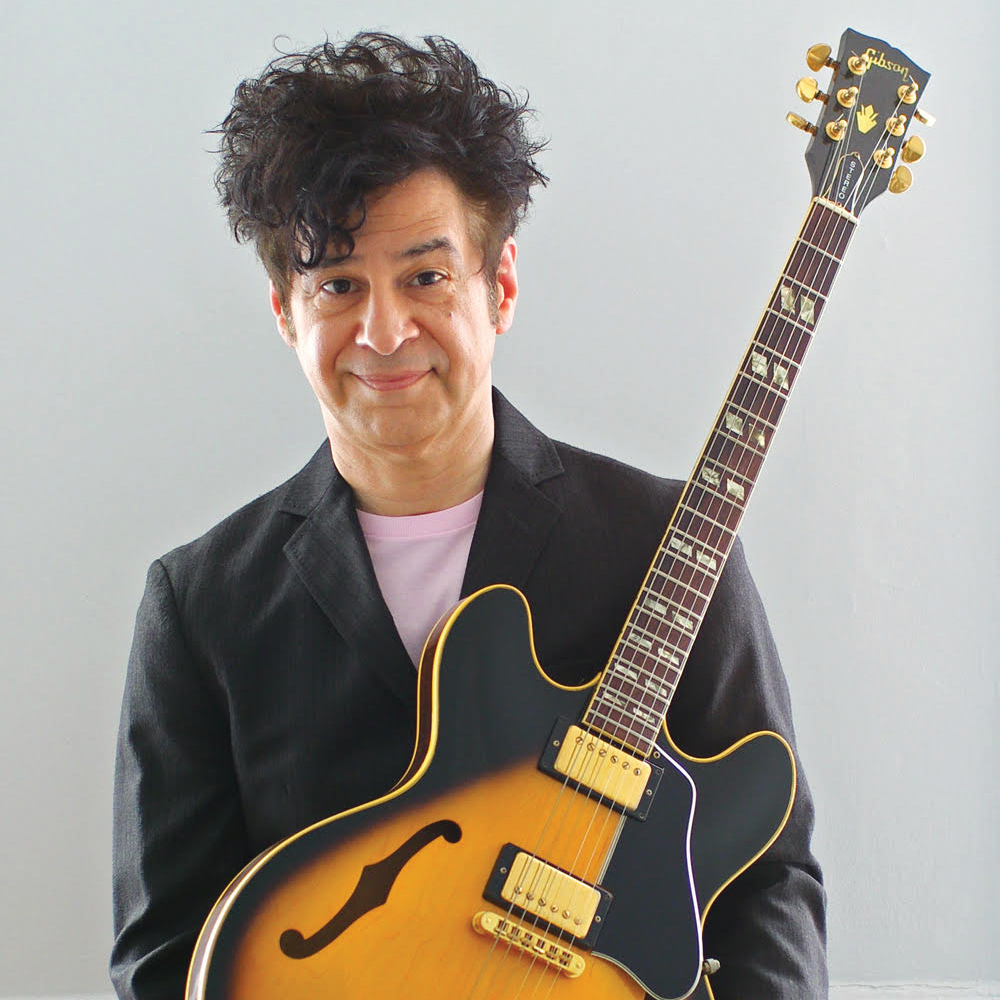

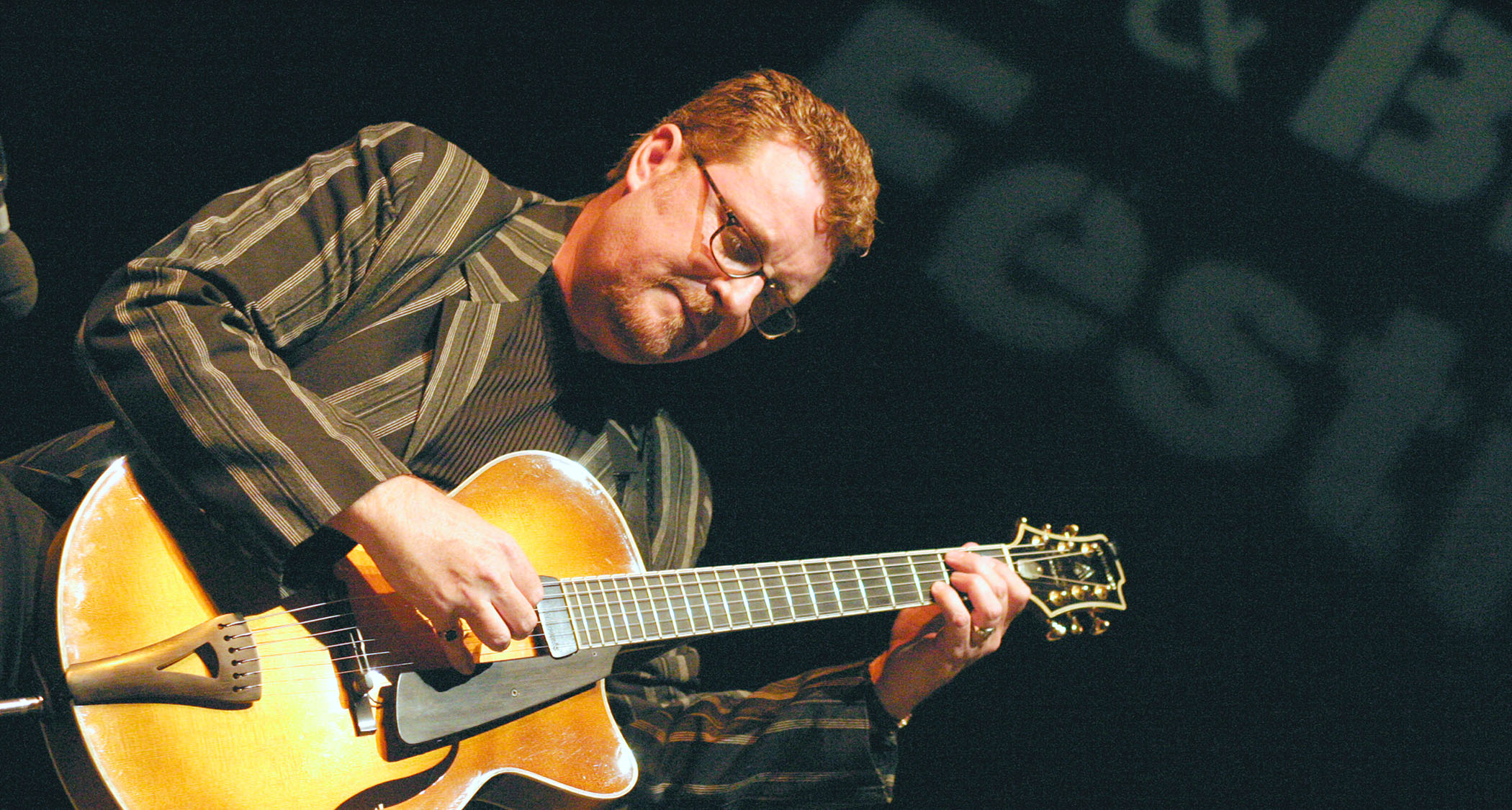

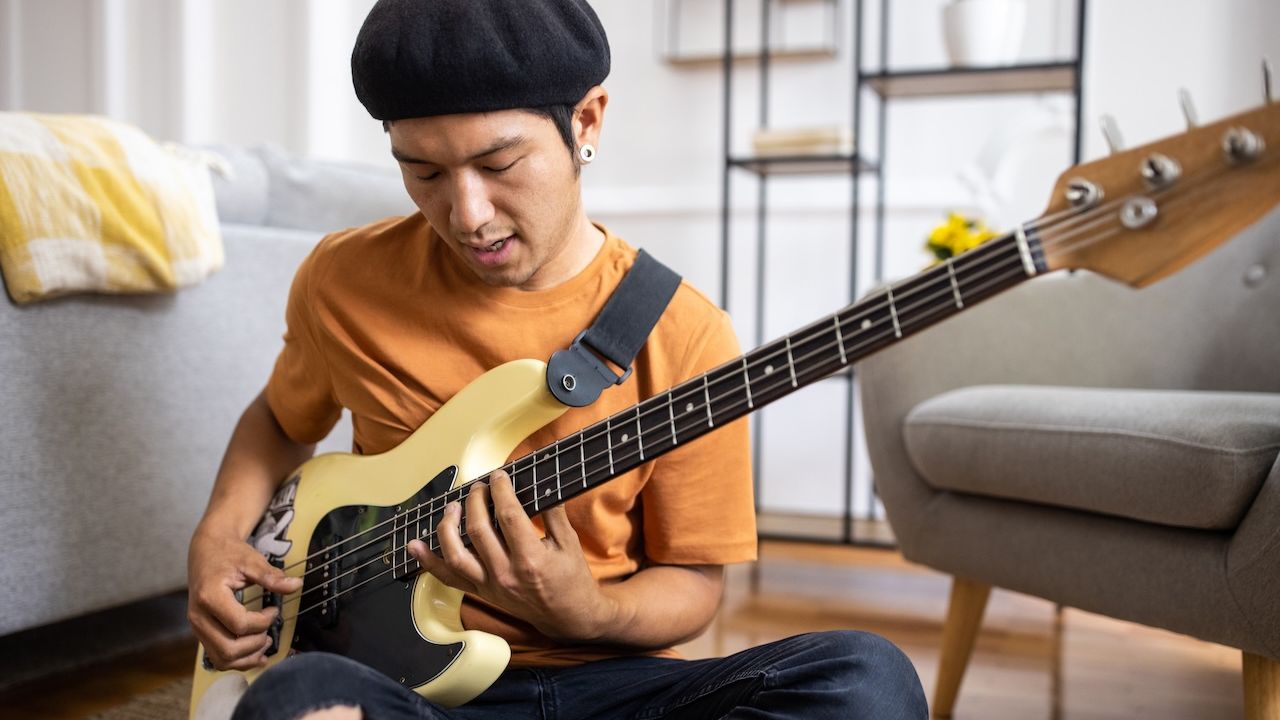
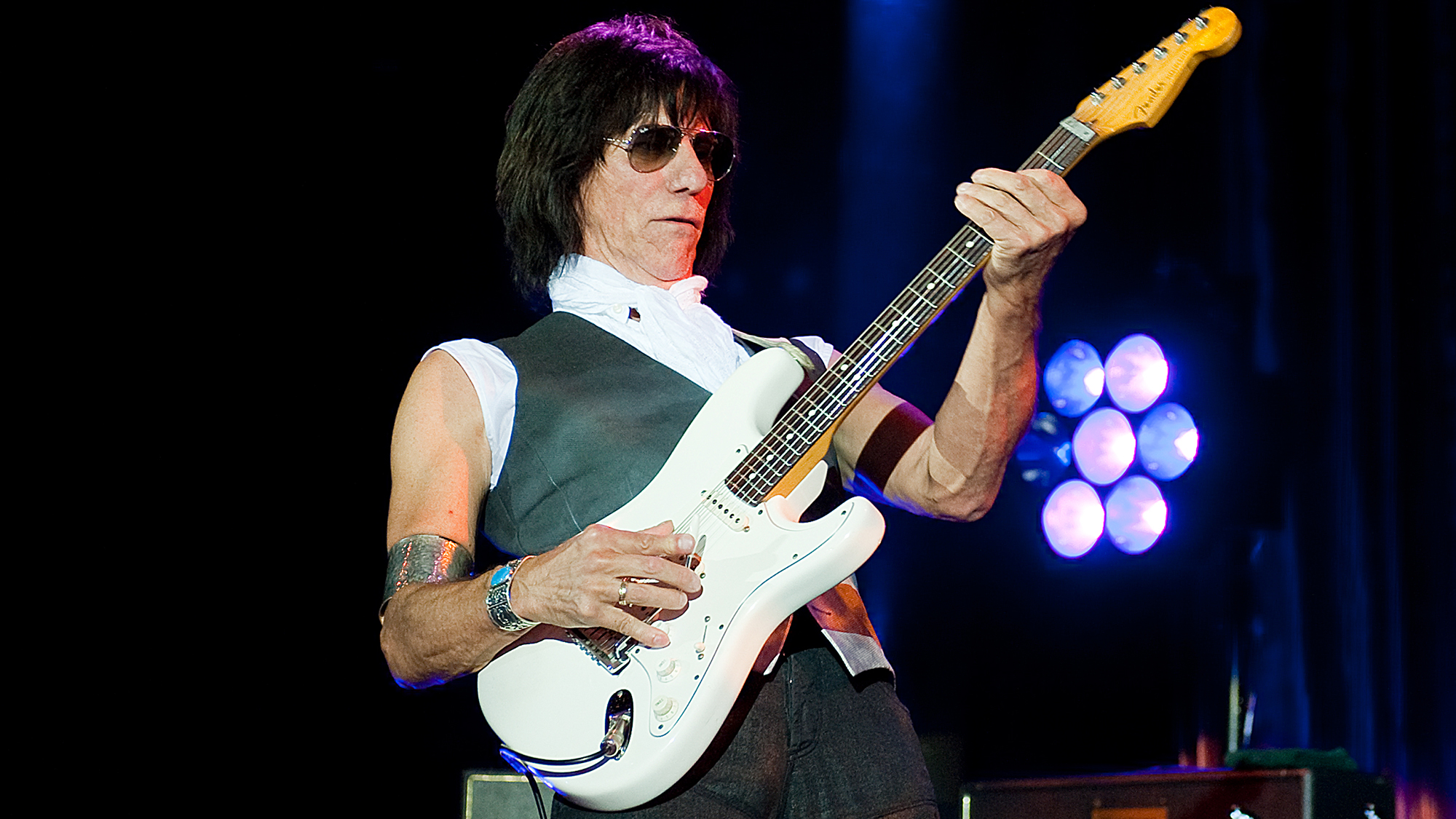
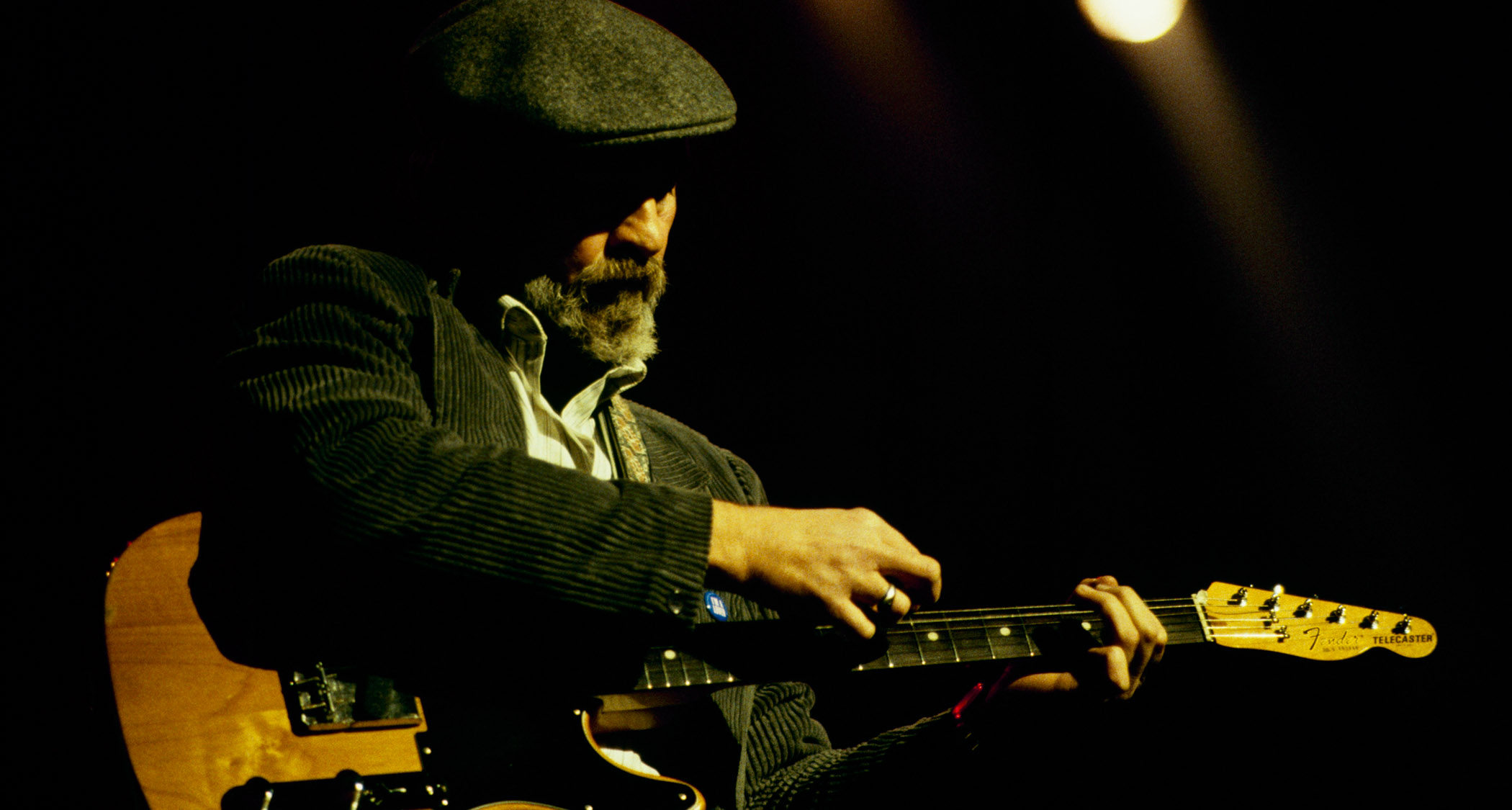
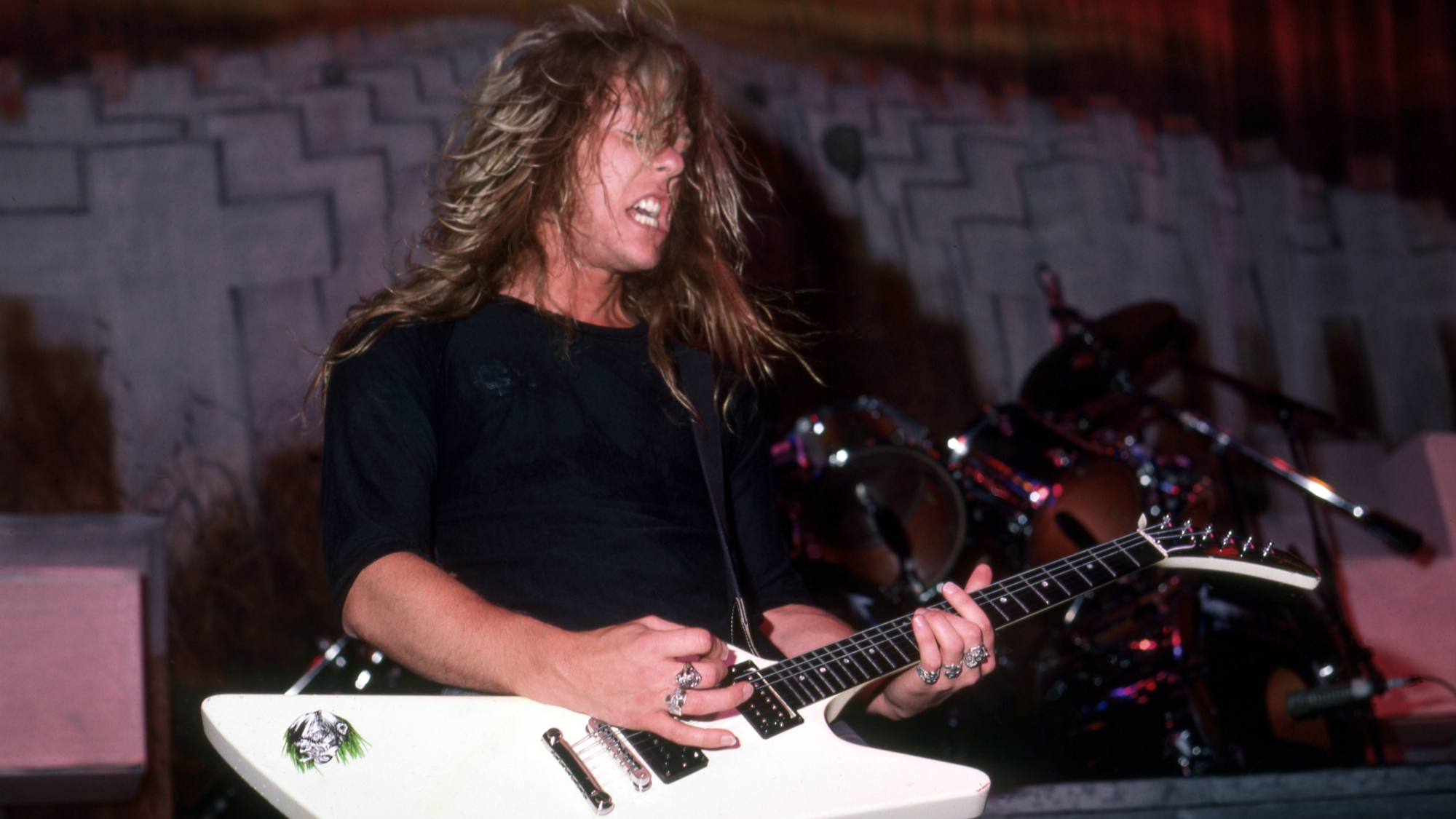
![Joe Bonamassa [left] wears a deep blue suit and polka-dotted shirt and plays his green refin Strat; the late Irish blues legend Rory Gallagher [right] screams and inflicts some punishment on his heavily worn number one Stratocaster.](https://cdn.mos.cms.futurecdn.net/cw28h7UBcTVfTLs7p7eiLe.jpg)
